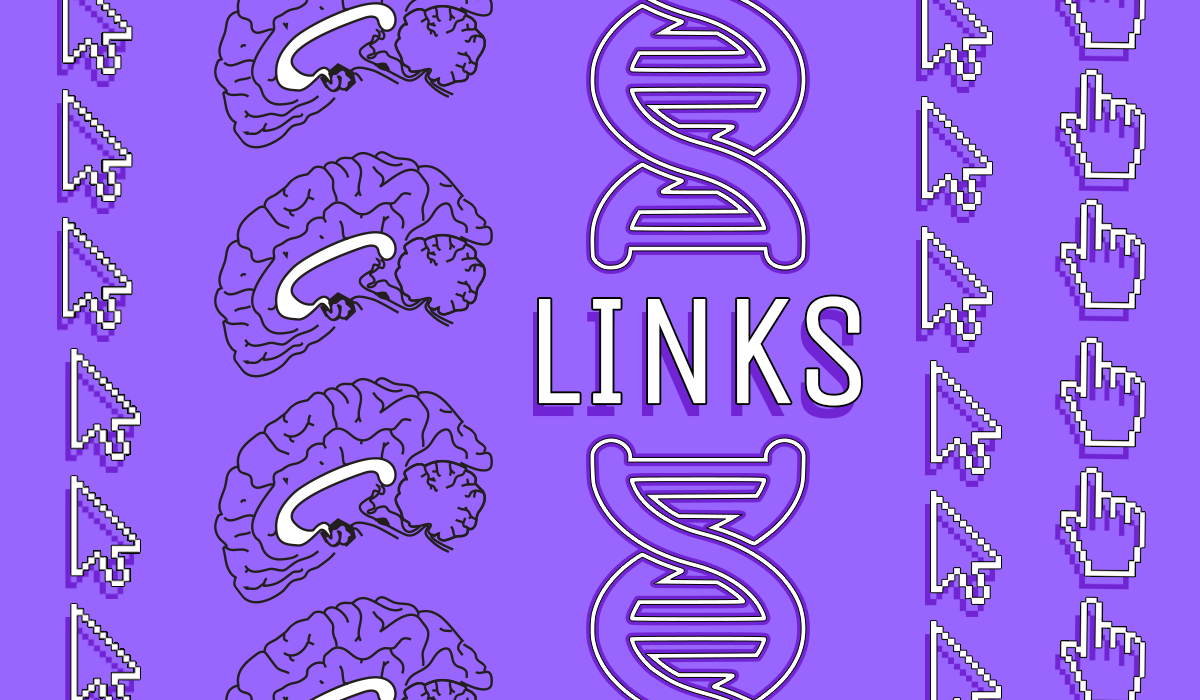LINKS - April 20th, 2022
Welcome to LINKS — my attempt to provide Rhapsody readers with five interesting stories that tell us something about what it means to be human. LINKS is published every Wednesday. Have a link you want to share? Drop it in the comments.
Prehistoric people created art by firelight, new research reveals
By University of York, Phys.org
“Dr. Needham added: "Creating art by firelight would have been a very visceral experience, activating different parts of the human brain. We know that flickering shadows and light enhance our evolutionary capacity to see forms and faces in inanimate objects and this might help explain why it's common to see plaquette designs that have used or integrated natural features in the rock to draw animals or artistic forms.”
More than 300 languages are spoken along this NYC street
By Jordan Salama, National Geographic
“Passing from one block to the next—through neighborhoods including Elmhurst, Corona, and Jackson Heights—can feel like crossing continents. Plazas and parks are crowded with vendors selling tamales, atole, and large-kernel corn. Tibetan Buddhists, fluent in the Indigenous languages of the Himalayas, walk to worship in their red-and-orange robes. Bangladeshi curbside markets teem with overflowing crates of ginger, garlic and humongous jackfruits, picked out by people wearing saris and shalwar kameez.”
Primitive communism
By Manvir Singh, Aeon
“Primitive communism is appealing. It endorses an Edenic image of humanity, one in which modernity has corrupted our natural goodness. But this is precisely why we should question it. If a century and a half of research on humanity has taught us anything, it is to be skeptical of the seductive. From race science to the noble savage, the history of anthropology is cluttered with the corpses of convenient stories, of narratives that misrepresent human diversity to advance ideological aims. Is primitive communism any different?”
Microplastics have officially been found in our bodies. Here’s what that means for human health.
By Carla Delgado, Popular Science
‘We’ve known for a while that microplastics can be ingested and pass through the digestive system. However, two 2022 studies, published in Environment International and Science of The Total Environment respectively, found microplastics in human blood and living lung tissues for the first time. “
Women in a 19th-century Dutch farming village didn't breastfeed
By Jason Arunn Murugesu, New Scientist
“Women from a 19th-century farming community in the Netherlands probably didn’t breastfeed their babies because they were too busy working. It is the first time that widespread artificial feeding has been discovered in a farming community from this period.”




